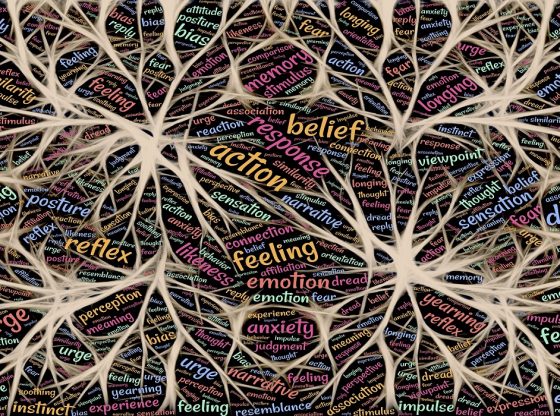“Time flies when you’re having fun.” A rather worn-out idiom, perhaps, but it is not completely taken out of the air as researchers now present an explanation for the phenomena – and it has to do with the neurotransmitter dopamine.
Dopamine is a key neurotransmitter in the brain and has a broad range of functions. Dopamine neurons are based in the brain stem, but from there it spreads through nerve fibers to different areas of the brain.
It is primarily associated with rewarding us, as it plays a major role in reward-motivated behavior. When we expect something out of any situation, and when it is then confirmed, we are rewarded with a dose of dopamine.
Dopamine is also involved in our perception of time because our expectation is very much about time.
Now, a Portuguese research team discovered how dopamine may be linked to our personal perception of time. They trained mice to become proficient at determining if the time between two beeps were longer or shorter than one and a half seconds.
If they guessed correctly, the mice received a reward, and the researchers closely kept track of their dopamine levels during the experiments. They measured the signals that reflect the electrical activity of dopamine neurons in the substantia nigra pars compacta using a technique called fiber photometry. The team observed an increase in the neurons’ activity at the onset of both the first and the second tones. This suggested that the neurons might be effectively involved in the task.
Then by manipulating the mice’s dopamine signaling, using an of a technique called optogenetics, the researchers could see that the higher the levels of dopamine, the more the mice tended to underestimate the time lapsed between the rewards. They tended to estimate that less time had elapsed than was really the case.
According to the authors, it is very likely that a similar circuit is at work in the human brain. Since many addictive drugs increase dopamine neuronal activity, this new discovery might prove useful in relation to both symptoms of attention deficit disorder and indeed substance addiction that is thought to involve dysfunction of the dopaminergic system.
Reference:
Sofia Soares et al. Midbrain dopamine neurons controlling Judgement of time. Science, 2016. DOI: 10.1126 / science.aah5234












![OpenAI. (2025). ChatGPT [Large language model]. https://chatgpt.com](https://www.illustratedcuriosity.com/files/media/55136/b1b0b614-5b72-486c-901d-ff244549d67a-350x260.webp)
![OpenAI. (2025). ChatGPT [Large language model]. https://chatgpt.com](https://www.illustratedcuriosity.com/files/media/55124/79bc18fa-f616-4951-856f-cc724ad5d497-350x260.webp)
![OpenAI. (2025). ChatGPT [Large language model]. https://chatgpt.com](https://www.illustratedcuriosity.com/files/media/55099/2638a982-b4de-4913-8a1c-1479df352bf3-350x260.webp)








